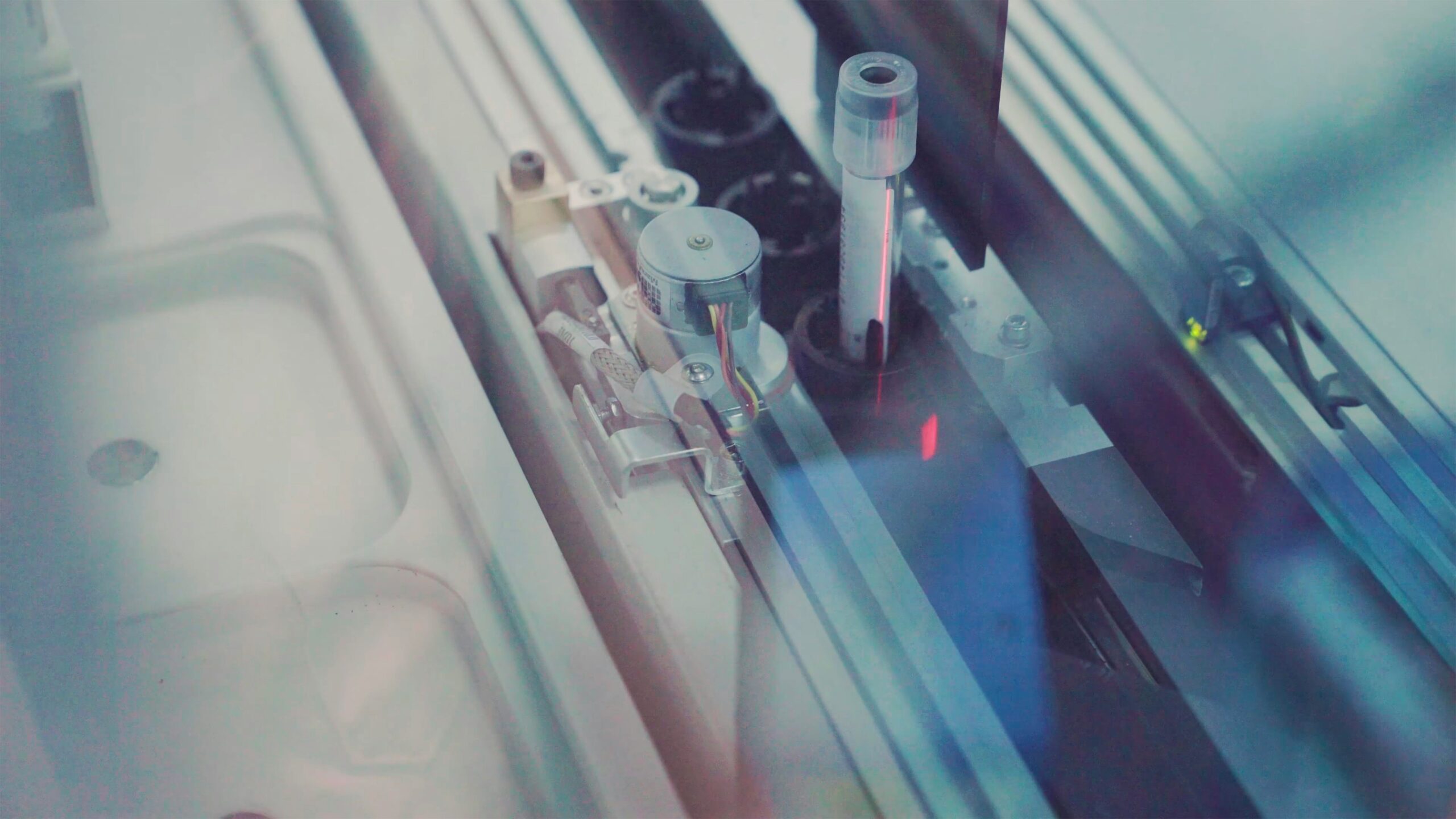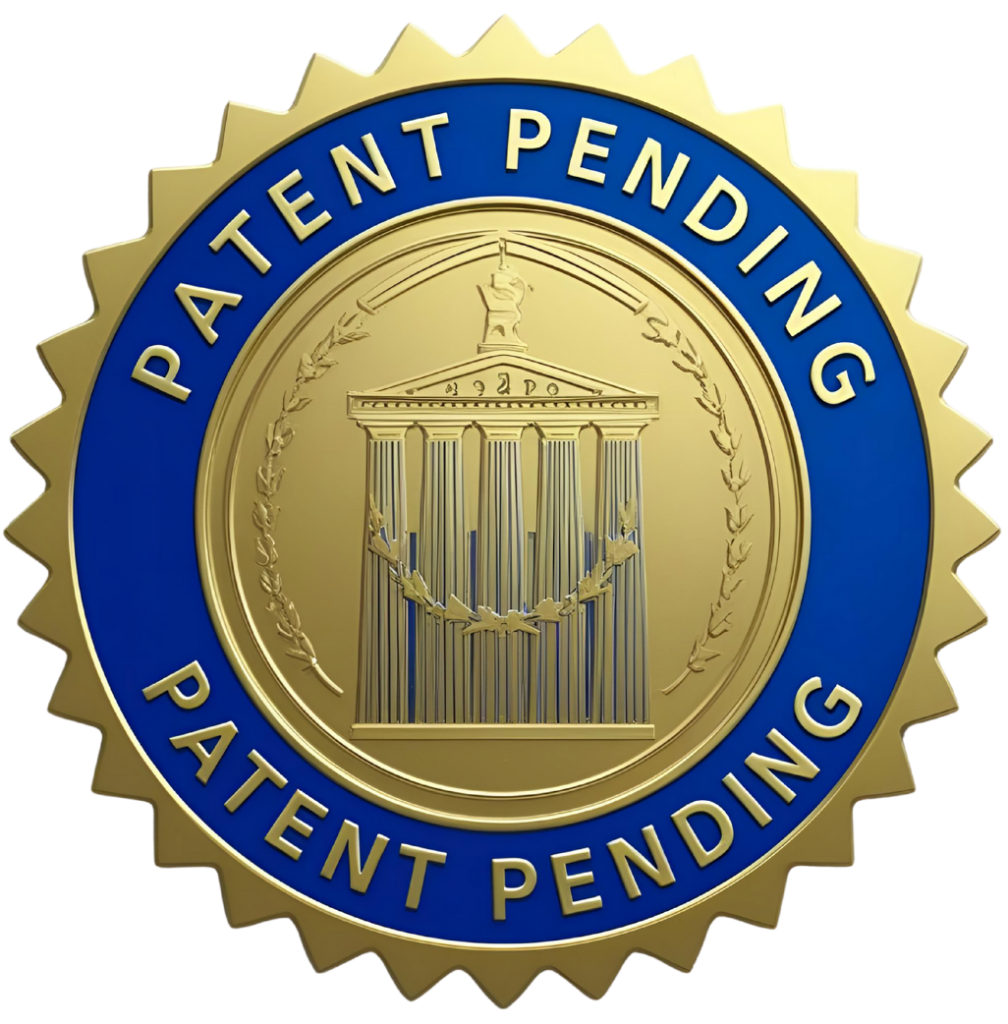The medical field is experiencing a remarkable transformation, driven by innovative technologies and groundbreaking research. From artificial intelligence to telemedicine, these advancements are reshaping how healthcare is delivered, improving patient outcomes, and making medical services more accessible. At ParkClear, we believe in the power of innovation, and we’re excited to share some of the most significant breakthroughs currently making waves in the medical world.
1. Artificial Intelligence in Diagnostics
Artificial intelligence (AI) is revolutionizing diagnostics, enabling healthcare professionals to make faster and more accurate decisions. AI algorithms can analyze medical images, such as X-rays and MRIs, with remarkable precision.
- A study published in Nature demonstrated that an AI system could detect breast cancer in mammograms with an accuracy comparable to that of expert radiologists. This technology not only speeds up the diagnostic process but also reduces the risk of human error.
2. Telemedicine and Remote Patient Monitoring
The COVID-19 pandemic accelerated the adoption of telemedicine, allowing patients to consult healthcare providers from the comfort of their homes. This innovation has proven essential in maintaining continuity of care while minimizing exposure to infectious diseases.
- Remote Monitoring Devices: Wearable devices, such as smartwatches and fitness trackers, are now equipped with health monitoring features that track vital signs, heart rate, and even blood oxygen levels. These devices can alert healthcare providers to potential health issues in real-time, enabling timely interventions.
3. CRISPR Gene Editing Technology
CRISPR (Clustered Regularly Interspaced Short Palindromic Repeats) technology has emerged as a powerful tool for gene editing, allowing scientists to modify DNA with unprecedented precision. This breakthrough has vast implications for treating genetic disorders and advancing personalized medicine.
- Researchers have successfully used CRISPR to treat genetic conditions like sickle cell disease and beta-thalassemia, offering hope to patients who previously had limited treatment options. (Source: New England Journal of Medicine, 2020)
4. 3D Printing in Medicine
3D printing technology is making significant strides in the medical field, enabling the creation of customized medical devices, prosthetics, and even human tissues. This innovation allows for personalized treatment options tailored to individual patients.
- Surgeons have successfully used 3D-printed models of patients’ organs to plan complex surgeries, improving surgical outcomes and reducing recovery times. Additionally, researchers are exploring the potential of 3D-printed tissues for organ transplantation.
5. Robotic Surgery
Robotic-assisted surgery is transforming the surgical landscape, offering greater precision and minimally invasive options for patients. Surgeons can perform complex procedures with enhanced control and visualization, leading to shorter recovery times and reduced complications.
- The da Vinci Surgical System is one of the most widely used robotic surgical platforms, allowing surgeons to perform delicate procedures in urology, gynecology, and more. Studies have shown that robotic surgery can lead to less postoperative pain and quicker recovery compared to traditional methods.
6. Blockchain in Healthcare
Blockchain technology is gaining traction in the healthcare sector, providing a secure and transparent way to manage patient data. This innovation enhances data integrity, improves interoperability, and protects patient privacy.
- Blockchain can streamline the sharing of medical records among healthcare providers, ensuring that patients receive coordinated care while maintaining control over their data. This technology has the potential to reduce fraud and improve the efficiency of healthcare systems.
The current innovations and breakthroughs in the medical world are paving the way for a more efficient, effective, and patient-centered healthcare system. From AI-driven diagnostics to telemedicine and gene editing, these advancements are not only improving patient outcomes but also making healthcare more accessible to all. At ParkClear, we celebrate the spirit of innovation and look forward to seeing how these technologies will continue to transform the medical landscape in the years to come.
Stay tuned for more updates on the latest trends and innovations that impact our lives and communities!




